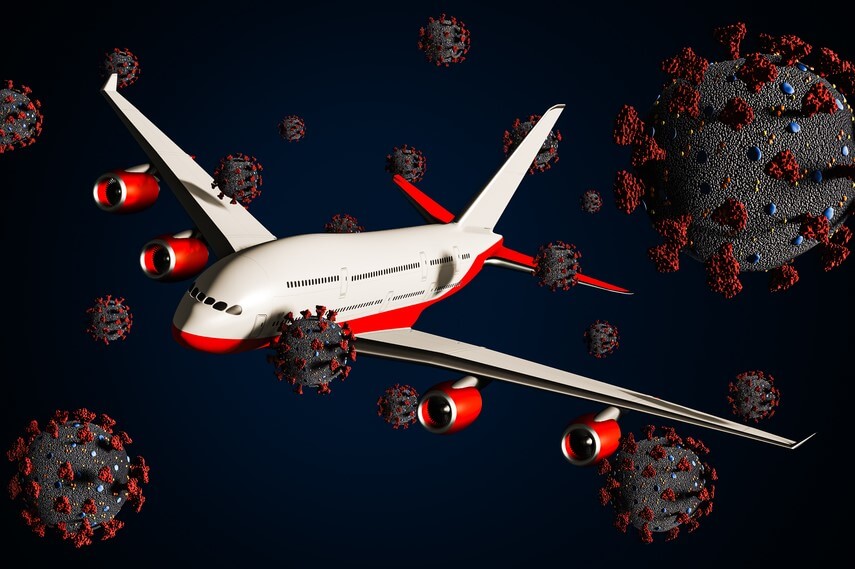Recent positive developments on COVID-19 vaccine trials prompt talks on problems of vaccine distribution logistics. Air cargo operators may face difficulties in distributing new COVID-19 vaccines over the strict border regulation globally.
The warning came in vaccine distribution guidelines published by the International Air Transport Association (IATA) on November 16, 2020. The association is urging governments to take less stringent measures over border restrictions and replace them by different measures – introducing more testing and surrendering quarantines.
“Delivering billions of doses of a vaccine that must be transported and stored in a deep-frozen state to the entire world efficiently will involve hugely complex logistical challenges across the supply chain. While the immediate challenge is the implementation of COVID-19 testing measures to re-open borders without quarantine, we must be prepared for when a vaccine is ready,” explained IATA’s CEO, Alexandre De Juniac.
On November 16, 2020, American biotechnology company Moderna announced that its experimental vaccine showed 94.5% efficacy in a clinical trial, as well as, on November 9, 2020, Moderna’s competitor Pfizer reported 90% of vaccine effectiveness.
As soon as the vaccine is approved, the aviation industry in collaboration with governments must be prepared for the vaccine allotment, which might be complex due to grounding of passenger flights that generally carry 45% of global cargo. Seeing that passenger flight number shrunk, the freight network suffered and cargo shipments became more expensive.
Additionally, successful vaccine distribution might be reliant on passenger services for cargo in developing countries. Even in industrialized states vaccine distribution might be a bigger challenge than production, demanding to ship it on passenger jets, IATA’s head of cargo Glyn Hughes told Reuters.
